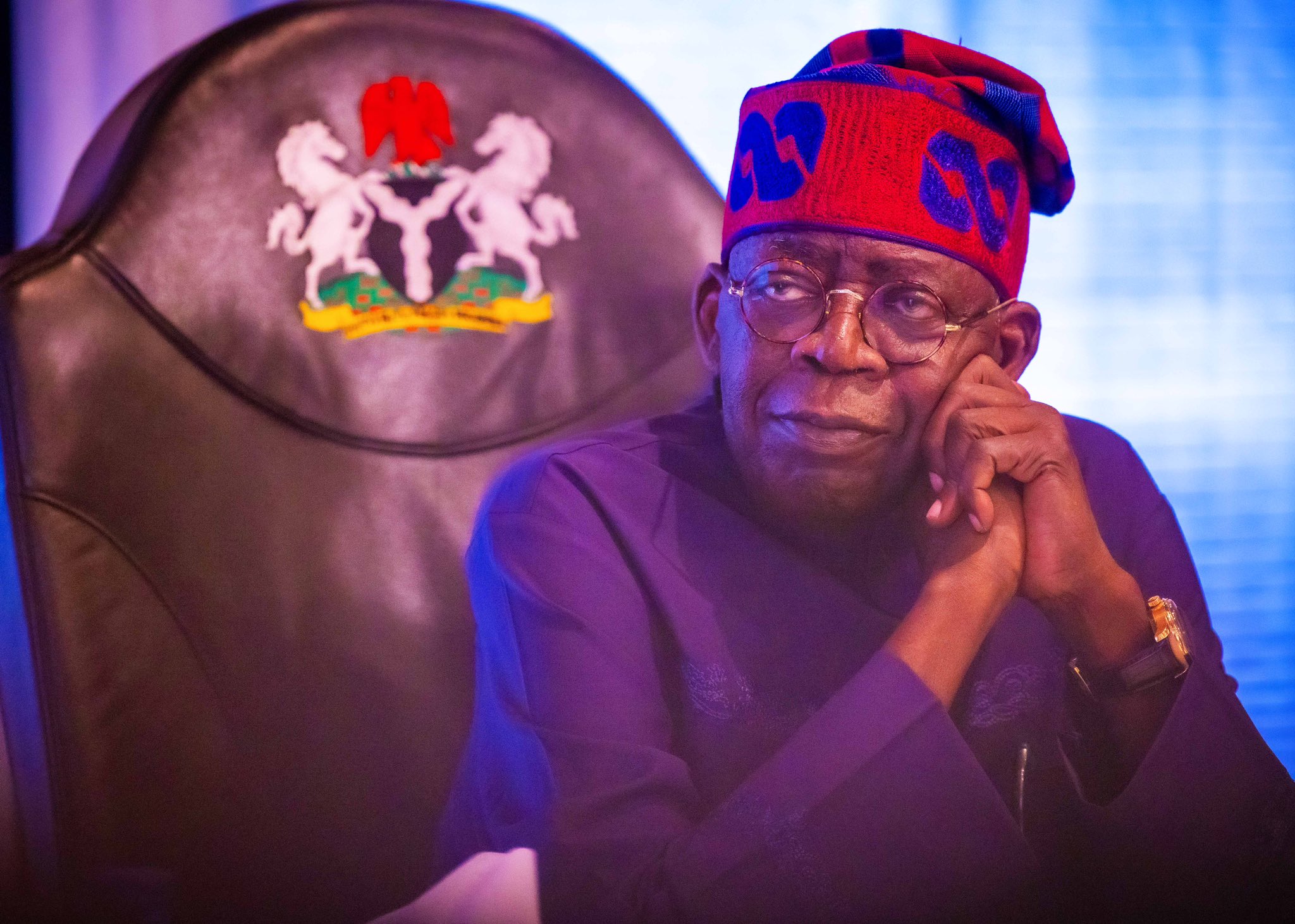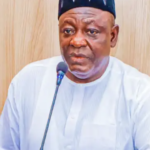
BOLA TINUBU marks his first 100 days in office today as Nigeria’s fifth President of the Fourth Republic under a cloud of uncertainty, apprehension, and gloom. Though his administration is beginning to assume a definitive shape, the prevailing tensions in the land, divisions and the inherent fragility of the government and union are palpable. Presciently, the Presidential Election Petition Tribunal plans to deliver its judgement today, just as a warning strike by labour unions enters its second day, and the naira exchange rate fell further to underscore the unprecedented economic hardship the country is experiencing.
The cautionary reminder by The PUNCH’s welcoming editorial of May 30 of the ancient Chinese saying to the ambitious to “be careful what you wish for,” resonates loudly today. The enormity of the multiple challenges he faces and his ability to surmount them and the country from ruin are still being tested.
Admittedly, 100 days is too short to assess an administration. Nevertheless, the tradition, credited to have been birthed by the 32nd president of the United States, Franklin D. Roosevelt, at the start of his first term in 1932, has taken root and analysts see the period as a pointer to the trajectory of a new helmsman.
Tinubu’s first steps were riotous. His (petrol) “subsidy is gone” declaration at his inauguration followed shortly after by the flotation of the naira won both praise and condemnation. Applauded by the World Bank/IMF, the liberal West and the organised private sector, its aftershocks have left the economy reeling, driven another 7.1 million people into poverty, triggered record inflation and currency devaluation, and crippled businesses.
As the government flails to contain the tsunami, pumping money for “palliatives,” through the corrupt, wasteful, and inefficient state and federal bureaucracy, the lack of planning before taking such seismic decisions became apparent.
This emerging reputation for lack of rigour was reinforced when Tinubu could not nominate ministers two months into office and five months after he was officially pronounced winner of the election. He barely scraped through the constitutional requirement to name nominees within 60 days of inauguration, and even then, he sent in only a first batch of 28 names.
In his first international outing after taking up the rotational position of chairman of ECOWAS, he again jumped in with all guns blazing before sober reflection. His otherwise commendable stance in stoutly opposing the violent overthrow of elected governments through a military coup in Niger Republic was marred by a precipitate seven-day ultimatum to the coup plotters to relinquish power or face military intervention.
Despite the people’s disdain for Nigeria’s political class, there had been high expectations in some quarters that Tinubu would be markedly different from the widely disliked Muhammadu Buhari he succeeded.
Adjudged to be economically literate, cosmopolitan, and accommodating, his repeated promise to run a government of technocrats also raised hopes of a departure from Buhari’s crony, sectional, and nepotistic appointments.
But Tinubu has assembled mostly politicians, with just a few technocrats thrown in. He also recycled several political actors, among them, nine former state governors, most with corruption allegations and investigations clinging to them. To many disappointed Nigerians, the country looks set for another four years of more of the same dosage of poor governance.
Real change in combating insecurity and enthroning the rule of law with Tinubu not having Buhari’s military background and having been in the vanguard in the June 12 struggle for democracy, has not materialised.
Wanton killings and abductions continue across the country. The News Agency of Nigeria reported in August that no fewer than 23 local government areas are controlled by bandits in Sokoto, Zamfara, and Kebbi states.
The country has been thrown into further economic turbulence due to the subsidy removal and naira flotation. The failure to headhunt and nominate a proficient economist as Central Bank governor to replace the controversial and now suspended Godwin Emefiele, is a minus.
Similarly, he has been sending the wrong signals on the Nigerian National Petroleum Company Limited by retaining its discredited management, despite the decades of scandals, failures and misdeeds discovered or alleged against the national oil company.
He has also not demonstrated a very strong commitment for privatisation and liberalisation of critical economic sectors. His preference to continue the failed tendency of retaining the four moribund state-owned refineries, wasting money on “reviving” them and the Ajaokuta Steel Company instead of outright privatisation, signals a deepening of the binding constraints to investment, productivity, job creation and exports.
More ominously, the President has remained taciturn on the fundamental issue of restructuring. As a natural federation, the centralising 1999 Constitution has constrained productivity at the sub-national level. Without effective devolution and empowerment of the sub-national units, the country cannot realise its full productive potential.
The impression many Nigerians have is that he is working harder to please the political elite, rather than the electorate. While bringing the political elite, including the discredited and the corrupt on board, he is keeping ordinary Nigerians at arm’s length. He is not visiting project sites or communities in distress.
The bloated cost of governance he has continued, including nominating a record 48 ministers amid the country’s dwindling revenues, huge debt, and mass poverty, is telling. It has been estimated that as much as N12 trillion can be saved annually by merging ministries, departments, and agencies.
Notwithstanding all these however, with some positive moves, a more coherent outline of his administration is emerging. Tinubu’s three-year economic recovery plan anchored on an eight-point agenda can make a difference if structured into realisable policies, targets, and timelines. Sound strategy, rigorous plans and effective implementation must replace the failed knee-jerk “palliatives” mode where money is borrowed and passed through thieving federal and state officials.
Within three days in office as Acting President, former vice-president, Yemi Osinbajo, rolled out impressive Executive Orders to improve the ease of doing business. US president, Joe Biden, signed several within a short time of taking office. His predecessor, Donald Trump, had done the same. Tinubu’s few EOs have been less far-reaching.
It is too early to write Tinubu off, especially given the enormity of the crises he inherited, and legal challenges to his election. Should he surmount them and retain power, he needs to do much better. The country is wracked by insecurity, divisions, and decay on every front. Industrial unrest reigns, and the economy is getting worse, sending more millions into poverty. Many have lost confidence in the efficacy of the ballot box to produce positive outcomes.
Tinubu’s first 100 days have been sub-par, detached from the people, and generally uninspiring. The next 100 and beyond should be positively different, and begin the process of uniting the country, restoring faith in democracy, salvaging the economy, stamping out insecurity and corruption, creating jobs and reversing poverty.





